Can Bolsonaro's insurrectionists be deterred?

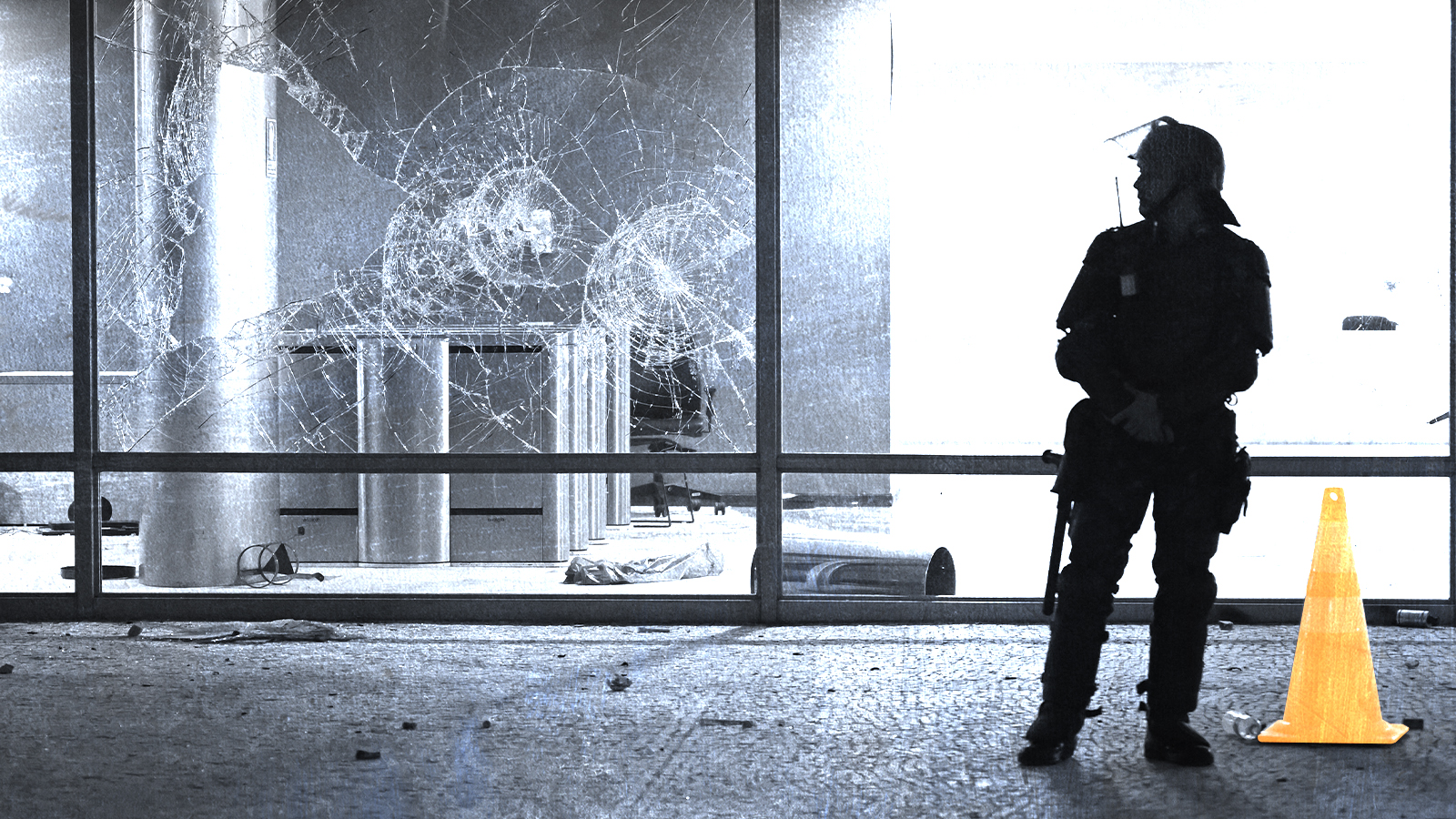
A free daily email with the biggest news stories of the day – and the best features from TheWeek.com
You are now subscribed
Your newsletter sign-up was successful
In early January, supporters of defeated Brazilian President Jair Bolsonaro invaded the country's seat of government in Brasília, in a challenge to the peaceful transfer of power modeled explicitly on the U.S. Capitol insurrection of Jan. 6, 2021. While the rioters were eventually cleared, the incident raised troubling questions about the loyalty of the country's security and military services, as well as the future and health of Brazil's democracy. Will efforts to arrest and prosecute the insurrectionists deter future attempts to overthrow the government? Here's everything you need to know about Brazil's troubled democracy:
What brought us to this point?
For a time after former President Jair Bolsanaro was defeated in Brazil's October 2022 runoff election, it appeared that the country had narrowly averted disaster. Despite ominous signals from Bolsanaro in the year leading up to the election that he would attempt to enlist his allies in the military to thwart the popular will, this didn't happen, at least not immediately. Challenger Luiz Inácio Lula da Silva, commonly known as Lula, was inaugurated on New Year's Day — a ceremony that Bolsonaro petulantly skipped, just like former U.S. President Donald Trump did in 2021.
Lula's speech promised a return to democratic values. "The great edifice of rights, sovereignty, and development that this nation built has been systematically demolished in recent years," he told the gathered throngs. "And to re-erect this edifice, we are going to direct all our efforts." Those efforts, unfortunately, had to commence almost immediately, when mobs of Bolsonaro's supporters swarmed into the Congress, Supreme Court, and presidential palace buildings in the capital city of Brasília a week later on Jan 8. Security forces appeared to act in concert with the rioters, increasing fears that Lula's term would be cut short by a military coup dressed up as a street uprising.
The Week
Escape your echo chamber. Get the facts behind the news, plus analysis from multiple perspectives.

Sign up for The Week's Free Newsletters
From our morning news briefing to a weekly Good News Newsletter, get the best of The Week delivered directly to your inbox.
From our morning news briefing to a weekly Good News Newsletter, get the best of The Week delivered directly to your inbox.
How did Bolsonaro handle the situation?
While he didn't try to seize power immediately, Bolsonaro refused to concede his defeat to Lula. It was in keeping with his style of rule, which included escalating attacks on journalists, attempts to shield himself and his family from public scrutiny, and staffing his administration with former military officials. Throughout the campaign, he had hurled baseless accusations against the country's voting machines, attacked the Supreme Court, and argued that the military should conduct its own audit of the results. Bolsonaro consistently trailed Lula in public opinion polling, but the actual results were far closer than expected. That may have emboldened Bolsonaro, since a narrow loss is easier to undermine with charges of fraud than an overwhelming thumping.
As Lula's inauguration approached, Bolsonaro supporters set up camp outside of Brasília's main military compound, urging the armed forces to restore Bolsonaro to power. Bolsonaro left the country for Florida on Dec. 31, leaving Vice President Hamilton Mourão in charge of the country for a day before Lula's swearing-in. Bolsonaro denied involvement in escalating tensions in the capital and denounced a bomb plot that was foiled by authorities. "I did not encourage anyone to enter confrontation," Bolsonaro said on social media.
What did his supporters achieve?
A week after Lula's inauguration, everything boiled over in the capital. More Bolsonaro supporters arrived in Brasília by bus and began marching toward the governing complex. Unlike the Jan. 6 attack in the U.S., the riot was not intended to disrupt the transfer of power, which had already happened, but seemingly to invite the military to seize power and depose Lula.
Critics charged that security forces deliberately allowed rioters to gain access to the buildings, a sentiment later echoed by Lula himself. "There was an explicit connivance of the police with the demonstrators," he said. The lack of preparation was particularly suspicious given the open planning of the riot by far-right supporters of Bolsonaro on social media. Bolsonaro, though, refused to openly support the violence from Florida, stating "Peaceful protests, in the form of the law, are part of democracy. However, depredations and invasions of public buildings are not the norm."
A free daily email with the biggest news stories of the day – and the best features from TheWeek.com
Military leaders, whatever their private sympathies might be, declined to join the insurrection or to move against Lula, so far preserving the continuity of democracy that has held since the end of a 21-year military dictatorship in 1985. The army, instead, cleared the insurrectionists out of their redoubts in a sign that, as The New York Times' German Lopez argues, Bolsonaro lacked the necessary support inside the military to pull off a coup. The Supreme Court suspended the capital region's governor for 90 days for negligence. That same justice, Alexandre de Moraes, approved arrest warrants for security officials responsible for the Federal District. Roughly 1,500 people were detained for participating in the riot, and many were subsequently arrested, a much swifter crackdown than was seen in the U.S. after Jan. 6.
Is democracy safe?
Whether the crackdown will suffice to deter future plots against democracy remains to be seen. For Time, Ian Bremmer argues that "there is no evidence that the events of Jan. 8, dramatic and ugly though they were, have changed many minds." While the insurrection itself was unpopular with a majority of Brazilians, a staggering 37 percent support the military stepping in to remove Lula, a figure that will surely go up if his administration stumbles.
In Foreign Affairs, Benjamin H. Bradlow and Mohammad Ali Kadivar write that Brazil's institutions won't avert a slide into autocracy — instead, Lula "will have to rely on this wide, organized social base of support to again strengthen the institutional basis of Brazilian democracy." That is especially true because Lula's allies lack effective majorities in Congress to implement any reforms that might alleviate the threat of far-right authoritarianism. According to Maria Laura Canineu, Brazil director at Human Rights Watch, "authorities should strengthen the democratic system and defend the rule of law by holding to account all those responsible for carrying out or enabling the violence."
It is not yet known when Bolsonaro plans to return to Brazil from Florida, if he would be prosecuted for his role in the events of Jan. 8, or if he would run again for president. Authorities have not yet made a request to the U.S. for Bolsonaro's extradition. But Brazil has surely not seen the last of him, and ongoing vigilance will be required to maintain the integrity and effectiveness of the country's democratic institutions.
David Faris is a professor of political science at Roosevelt University and the author of "It's Time to Fight Dirty: How Democrats Can Build a Lasting Majority in American Politics." He's a frequent contributor to Newsweek and Slate, and his work has appeared in The Washington Post, The New Republic and The Nation, among others.
-
 The environmental cost of GLP-1s
The environmental cost of GLP-1sThe explainer Producing the drugs is a dirty process
-
 Nuuk becomes ground zero for Greenland’s diplomatic straits
Nuuk becomes ground zero for Greenland’s diplomatic straitsIN THE SPOTLIGHT A flurry of new consular activity in Nuuk shows how important Greenland has become to Europeans’ anxiety about American imperialism
-
 ‘This is something that happens all too often’
‘This is something that happens all too often’Instant Opinion Opinion, comment and editorials of the day
-
 'Dead' woman nearly suffocated in morgue bag
'Dead' woman nearly suffocated in morgue bagTall Tales And other stories from the stranger side of life
-
 Is the 'vibecession' over?
Is the 'vibecession' over?Speed Read The IMF reported that the global economy is looking increasingly resilient. Is it time to start celebrating?
-
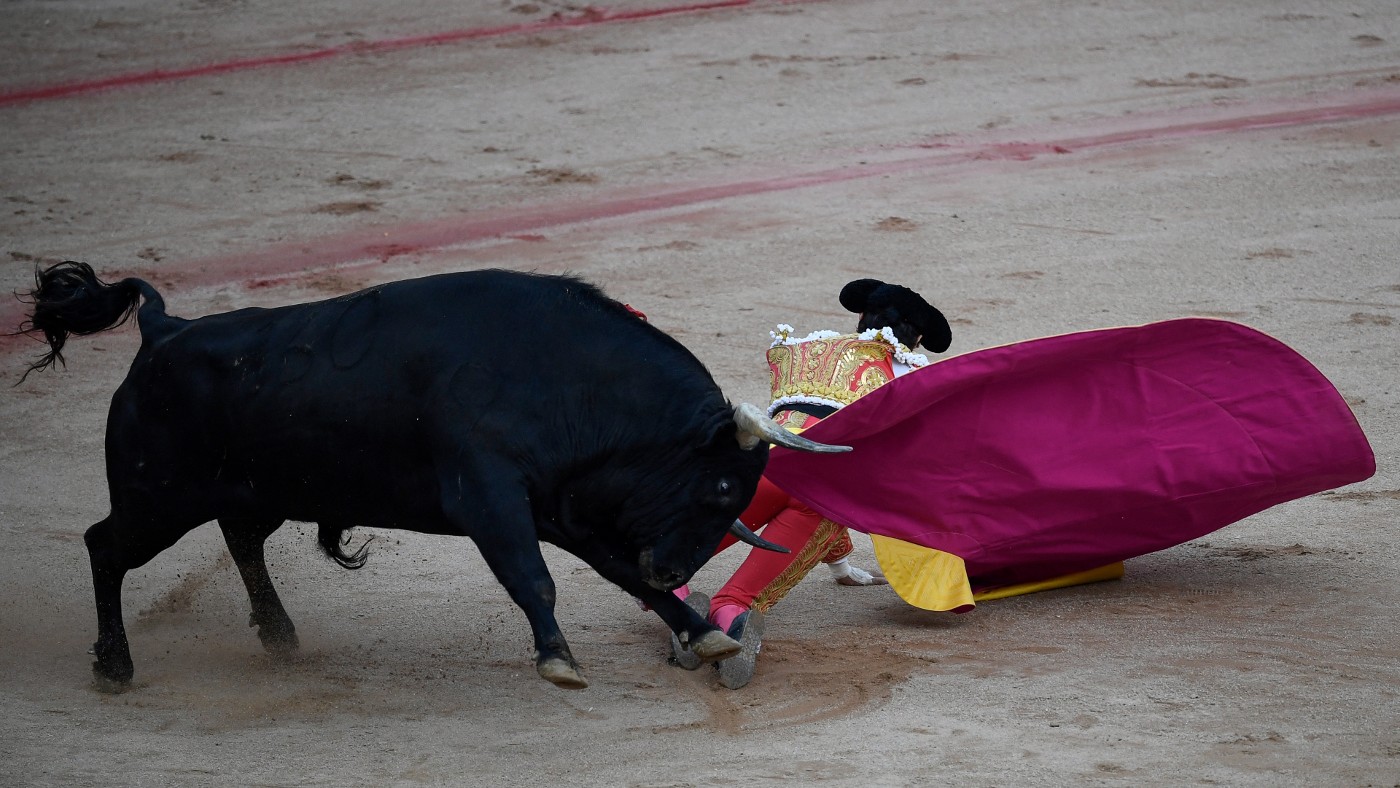 Bull gores the ‘Messi of matadors’
Bull gores the ‘Messi of matadors’feature And other stories from the stranger side of life
-
 The U.S. veterinarian shortage crisis
The U.S. veterinarian shortage crisisSpeed Read With an anticipated shortage of 15,000 vets by 2030, it will be harder to get care for pets
-
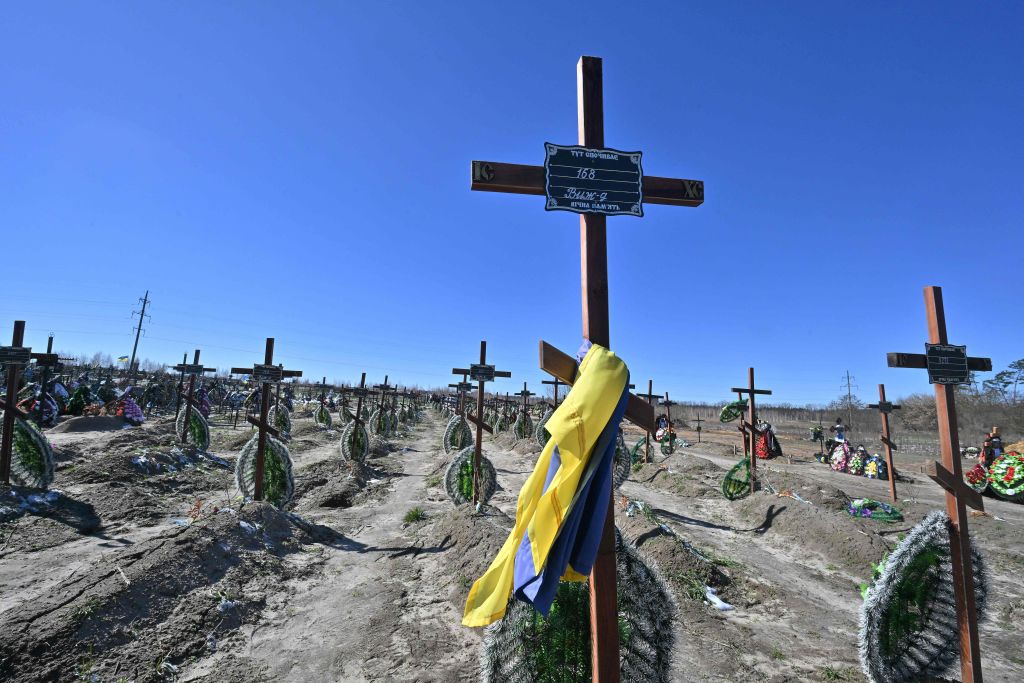 Inside Russia's war crimes
Inside Russia's war crimesSpeed Read Occupying forces in Ukraine are accused of horrific atrocities. Can they be held accountable?
-
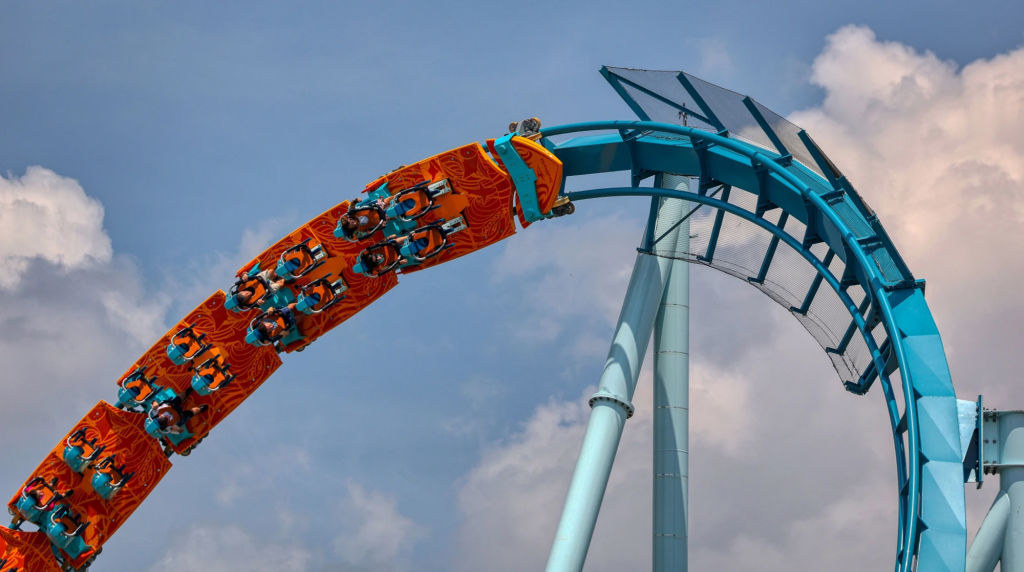 Is it safe to ride a roller coaster?
Is it safe to ride a roller coaster?The Explainer A pair of startling events have shined a light on amusement park safety
-
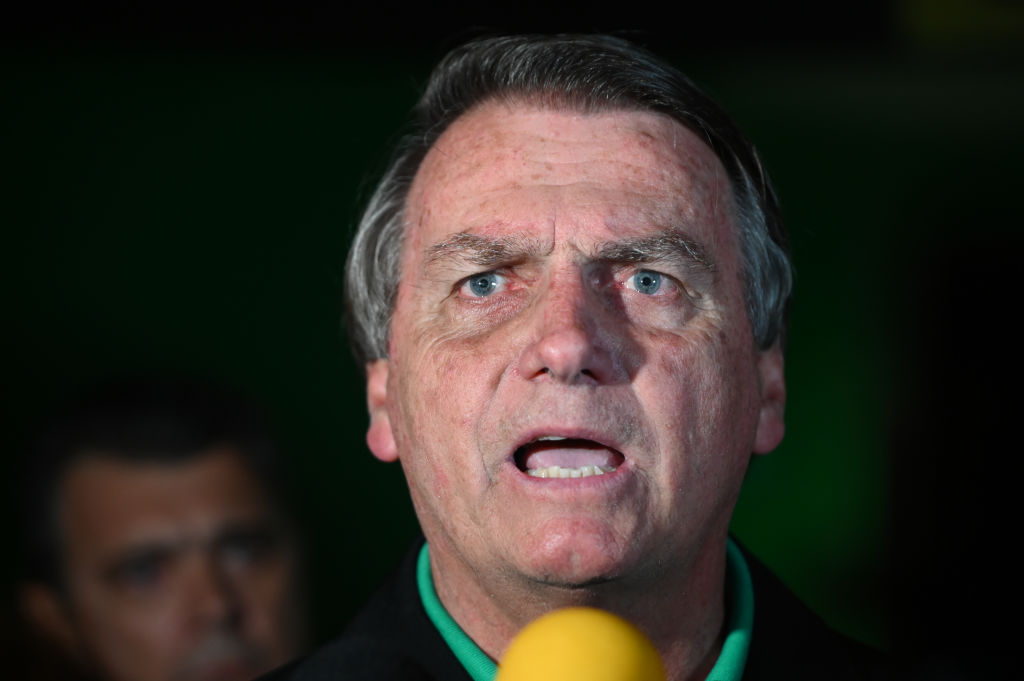 Brazil's Bolsonaro banned from holding public office until 2030
Brazil's Bolsonaro banned from holding public office until 2030Speed Read
-
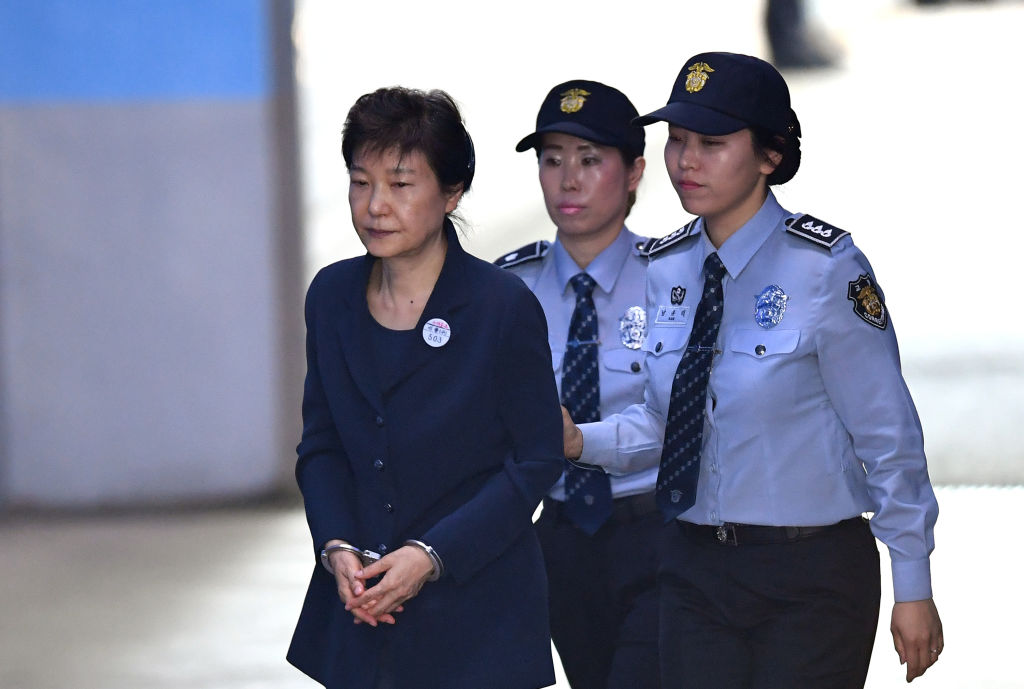 World leaders who have been charged or imprisoned
World leaders who have been charged or imprisonedThe Explainer Heads of state being put behind bars is not a rare occurrence
